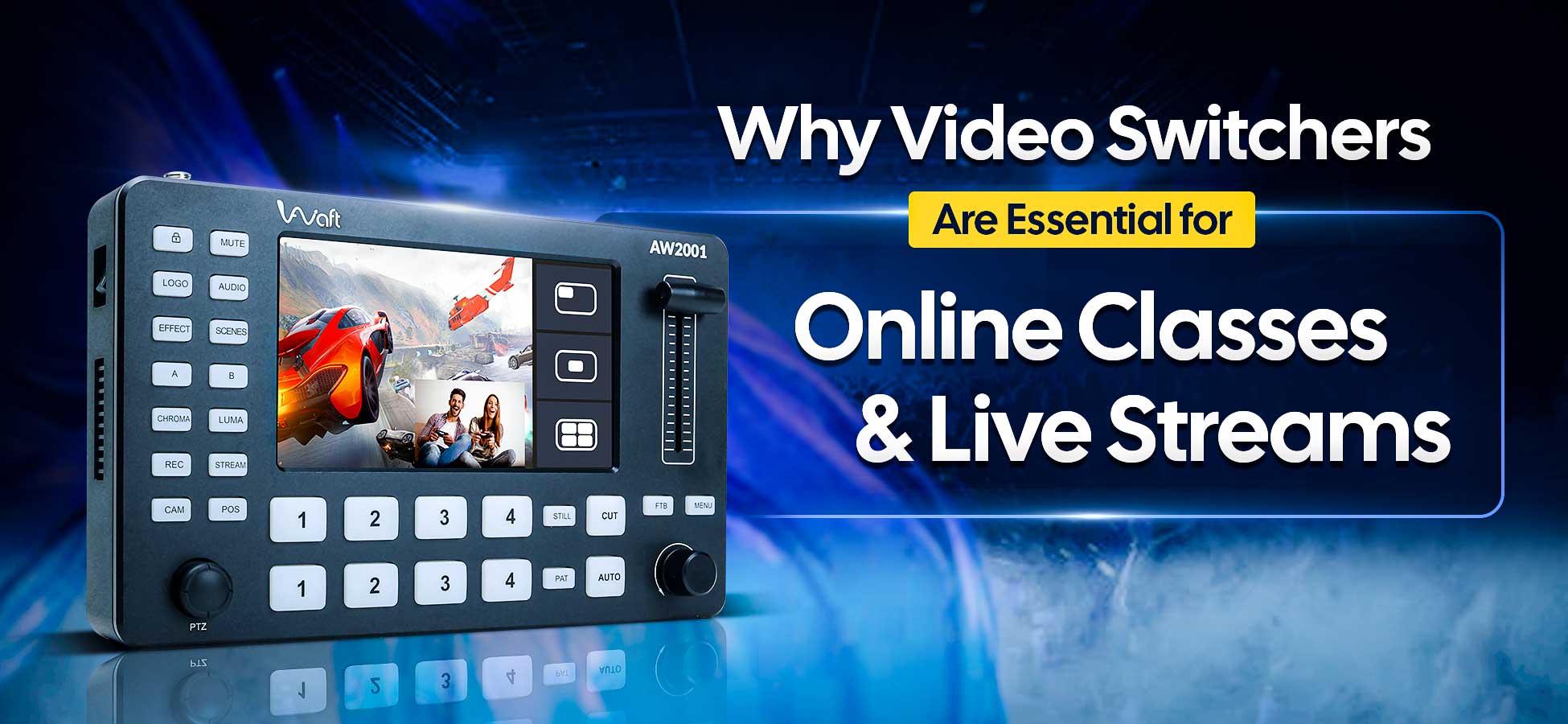Introduction
With an increase in the online market, it has become very important for institutes to get an online course selling website. An institute's online presence is referred to as its public face. Its where prospective students go to get information, parents and students go to stay up to date on news and activities, and teachers go to get resources. So, what separates a great online course website? First and foremost, whether for universities, elementary schools, or any other educational institution, online course websites should be simple to use.
Users should be able to readily locate what they're looking for owing to simple navigation. They should provide easy access to current information regarding pricing, announcements, and specifics about your online courses. If you are having your online course websites constructed or redesigned, you should be aware of the following 5 phrases.
Terms you should know before building an Online course selling website
The navigation components of a website that lead visitors through the site may either make or destroy the greatest online course platforms. While the "menu bar" at the top or on either side of a website is the most common example, text links in the "footer" at the bottom of the page can also be used for navigation. Websites have evolved through time, and as a result, there are now different methods to provide navigation to customers.
One of the most important things to consider when starting a new web project for your paid or free online courses is picking the suitable navigation arrangement for your website. Finally, well-planned navigation may help you improve the user experience and achieve your goals.
Search Engine Optimization (SEO)
SEO aims to increase the likelihood that web browsers will display your free courses or top online course sites when people input relevant keyword queries. SEO ranking may be improved to rank higher in organic search results by supporting search engines in comprehending the content of your finest online courses on the website. This means that your website's photographs must include ALT tags, title tags, and meta descriptions.
As the marketing environment for schools and universities has gotten more competitive, Search Engine Optimization (SEO) has become increasingly vital. Nowadays, students and parents may choose from a variety of free courses. However, numerous factors (including cost and educational quality) influence the decision-making process when paying for online programs. As a result, while communicating with potential students, educational institutions must ensure that all touchpoints, including their website, are suitable.
Online Course Page Template
The specific page layout of a web page is referred to as its page template. A typical educational website has 8 – 10 page layouts. For example, the main page and contact page of an online course platform have diverse styles, functionality, and components, making them two distinct page designs. Designers and developers may also use terms like "overview page" and "single page" to describe templates.
This relates to the structure and hierarchy of online course systems. For example, a website may have a Services Overview page that offers an overview of the school's services, as well as specific service sites that utilize a distinct template for each service.
User Experience
The concept of "user experience" (UX) is widely used when discussing web design in the context of digital marketing. However, both its execution and its constituent pieces are commonly misunderstood. Instead of focusing just on a website's visual appeal or basic usability, user experience (UX) design takes into account the full human experience that a website provides.
Assessing everything from the textual material of your online business courses to graphics to site layout will help you determine how to make your top online course platforms as fluid and user-friendly as possible for visitors. Thinking in terms of UX may be especially advantageous for online business courses, a topic that occasionally struggles to serve its audience on the web.
Online Course Landing Page
Landing pages are any pages of your paid or free online courses website that a user visits directly after clicking on a search engine result, marketing email, social media post, or online advertisement. In practice, though, it refers to an independent page for a certain campaign.
They include a call to action to help convert leads. The landing page of your premium or free online courses website includes important information that helps website visitors understand what the site is about. In this manner, it conveys a particular message, or a goal, emanates authority, and confirms your successes.
It contains specific, well-chosen data that encourage site visitors to accept your offer, whether they subscribe to or purchase your online programs.Conclusion
Now that you've mastered these essential terms for building an online course website, it's time to put them to good use in your online course-building adventure. Knowing your company's broad landscape is critical for developing plans and making educated decisions. Allow these terms to be the keys to unlocking new levels of success for your business.
Continue to study and improve, and remember that every successful entrepreneur begins with an idea and a determination to see it through. Your successful online course business is only a few steps away!



